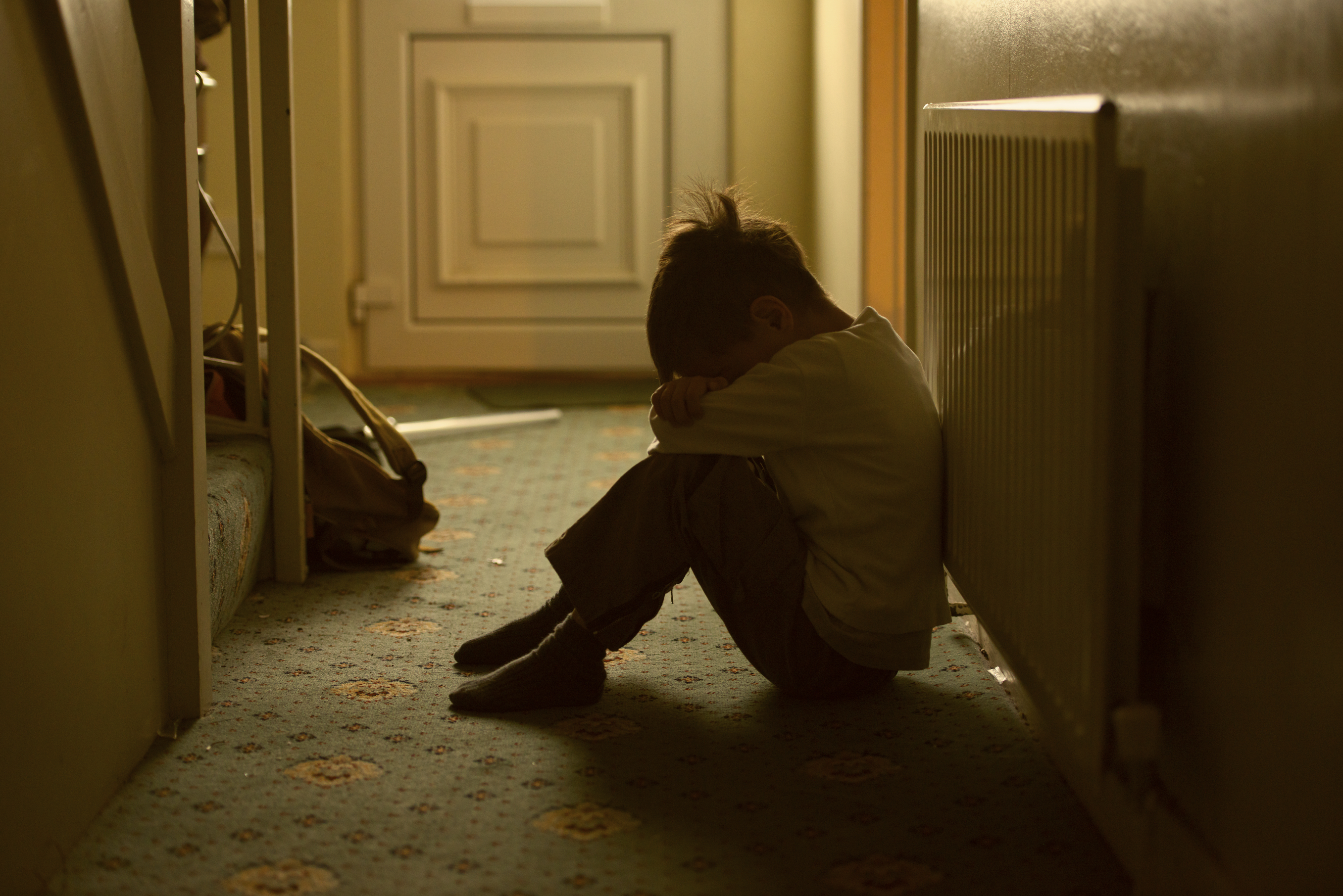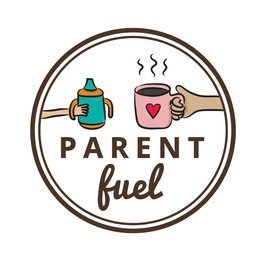
Extreme stress experienced between ages 5 and 8 poses a higher risk of poor adult mental health, according to a new study of U.S. brain scans conducted by Duke University. Such adults typically showed less brain activity in the parts of their brains linked to motivation, positive moods and depression.
“In short, bad experiences can become biologically embedded in the brains of young children and leave markers that are still observable decades later,” says Jamie Hanson, the study’s lead researcher and an assistant psychology professor at the University of Pittsburgh.
What they found
The study, Hanson explains on the Child & Family Blog, included 72 African-American men with a history of high childhood stress. Starting at age 5, the participants, now 26, were annually interviewed about the previous year’s adverse events. Their parents were also interviewed.
Bad experiences can become biologically embedded in the brains of young children and leave markers that are still observable decades later.
“We knew, for example, when parents had developed drug problems or had mental health issues, and when there were family conflicts, divorces or chronic illnesses that significantly affected the family’s functioning,” Hanson says. Children who experience such events are two or three times more likely to suffer depression as adults, he adds, drawing on findings from previous studies on adverse childhood experiences (often referred to as ACEs).
To find if brain scans can identify “biological markers” that highlight vulnerability, Hanson and his team had their now-adult participants play a computer card game. They had to guess whether the next card would be higher or lower than five, winning cash for multiple wins. Throughout, researchers used an MRI scanner to monitor brain activity in the ventral striatum, the brain’s reward-processing hub.
“Greater stress exposure [as a child] was related to lower activity [in the brain’s reward center],” Hanson says. That finding was specific to adults who'd experienced high levels of stress between ages 5 and 8; no such pattern was found for ages 9 through 12 and 13 through 17.
“These findings suggest that children are vulnerable to the long-term, biological impact of stress when they are under 8,” Hanson says.
What you can do about it
While much of the stress experienced by the study's participants was extreme and hopefully a rarity for your family, the study begs the question: What do you do if your child experiences trauma during this vulnerable age range?
Step one: Make sure your child has a strong relationship with at least one adult.

“Children who have support and understanding from one caring adult — be it a parent or another adult in the community — can more readily overcome the trauma,” says Cari McCarty, a research professor at the University of Washington’s Department of Pediatrics and a member of the Center for Child and Family Well-Being.
Support means spending quality time with that child, including listening and doing activities that the child likes like to do together, McCarty says. “The adult needs to be able to be present and caring when the child is having a hard time,” she adds. “They can’t always change the situation, but they can understand how the child is feeling, be present with them and gently offer some coping strategies.”
If your child has experienced adverse trauma, McCarty encourages seeking professional help, particularly if the child isn't going to school, has grades that have changed dramatically, experiences extended mood issues and/or talks about self-harm.
Keep reading
Learn about Maria Chavez Wilcox, president of Washington state child welfare organization Childhaven. A child abuse survivor, Wilcox was a 2015 ParentMap Superhero. She discusses her experience and advocacy work in “The empowerer: Maria Chavez Wilcox.”











